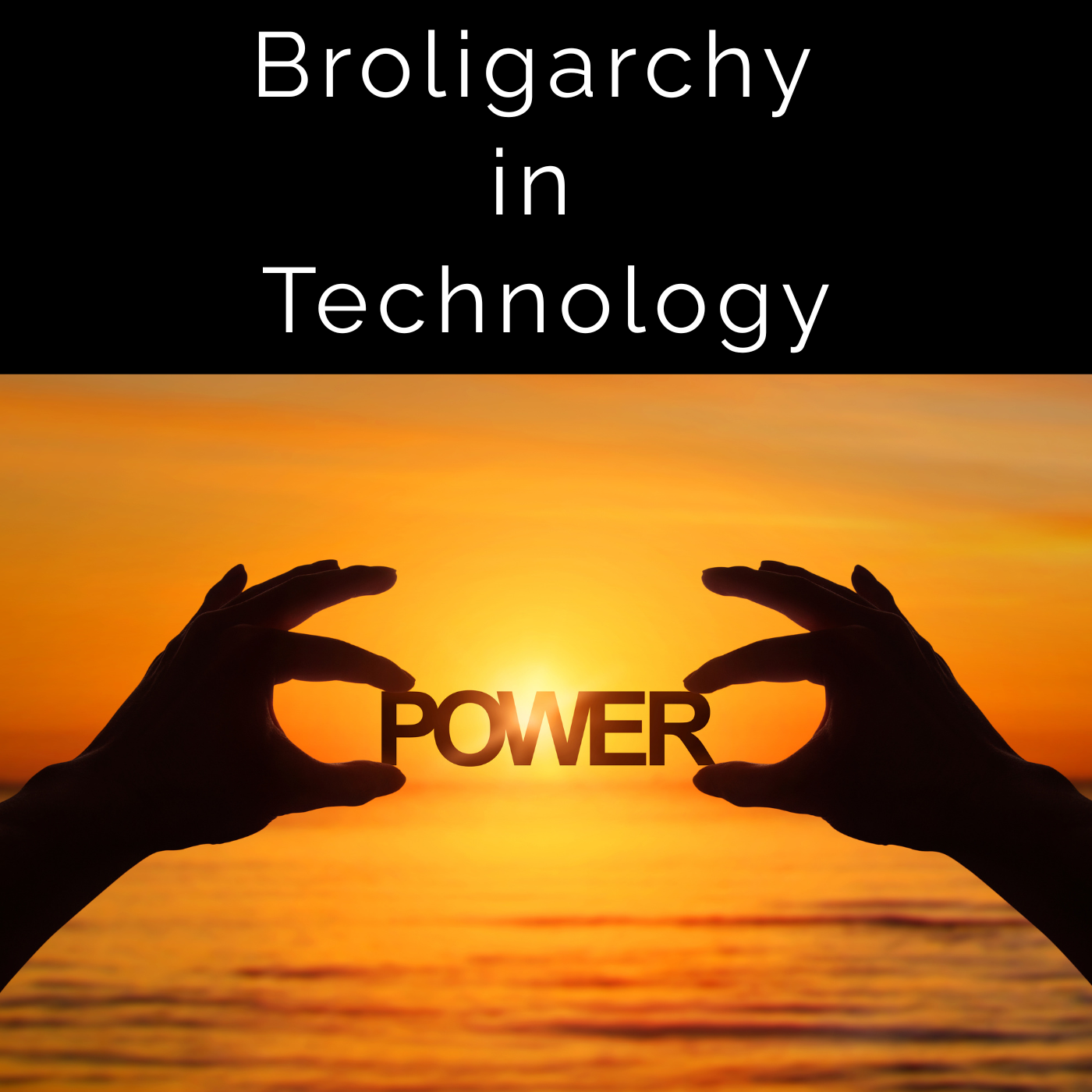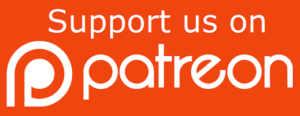
In today’s podcast, you’ll learn some useful language to talk about the world of the broligarchs – those tech-savvy men who partly control the world. Like it or not, this very small and extremely powerful group affects your daily life, so let’s find out more about them and the typical expressions associated with them.
What does Broligarchy mean?
Broligarchy is a Portmanteau word like brunch, shopaholic and podcast (Portmanteau Words: https://inglespodcast.com/333 )
“bro” (a casual term for a male friend, often associated with informal male bonding) and “oligarchy” (a system of power held by a small and privileged group). An oligarch is a very rich business leader with a great deal of political influence.
A Broligarchy refers to a male-dominated social or professional group, typically in positions of influence, where decisions are made to benefit the in-group, often at the expense of diversity, meritocracy, or fairness. (A Meritocracy is when the best person gets the job because they worked hard or have strong skills — not because they know someone important or come from a rich family.) Really a Broligarchy is a 21st-century form of Plutocracy. (Plutocracy or Plutarchy is when only the wealthy elite hold power.)
The term “broligarchy” is used critically to describe closed networks — such as in business, politics, and above all the tech industry — where men (often of similar backgrounds) maintain control through informal connections, shared values, and exclusion of outsiders.
Who are the bros at the top?
A few powerful technology companies — like Google, Apple, Facebook (Meta), Samsung, Amazon, Tesla, Nvidia, Microsoft and TSMC (as of July 2025) — dominate investment in technology, global markets and information systems. These companies control major platforms used for communication, shopping, news, and entertainment, among other areas. Their leaders have become some of the most powerful people in the world, with strong influence over public opinion, government policy, and perhaps even elections.
Some of the CEOs or top players in these companies are global household names, such as Elon Musk, Bill Gates, Mark Zuckerberg and Jeff Bezos. Others are perhaps less well known, but still extremely influential, including Jensen Huang (Nvidia), Tim Cook (Apple), Sundar Pichai (Google/Alphabet), C.C. Wei (TSMC), and last but not least, often invisible in the shadows, Peter Thiel (co-founder/investor in several companies, including Palantir and PayPal).
The individual power of each of these tech bros is immense, never mind their combined oligarchic power. Critics argue that this concentration of power in a small number of men reduces competition, threatens democracy, and increases inequality. Supporters, however, say that these companies bring innovation, jobs, and global connectivity.
Some useful vocabulary
Nepotism – Favouritism shown to relatives or friends in professional settings.
Privilege – Unearned social or professional advantages based on characteristics like gender, race, or background.
Bromance – A close, but non-sexual, relationship between men, after used mockingly.
Lobbying – Using organised, well funded groups (lobbies) to try to influence government policy.
Glass ceiling – An invisible barrier preventing women or minorities from reaching top positions.
Networking – Building professional or social connections to gain opportunities.
Gatekeeping – Controlling access to power or resources, often used to exclude outsiders.
Old boys’ club/network – A network of men who support each other in professional or social contexts, often excluding others.
Two-tier democracy – A system whereby, in parallel to traditional democracy shaped through elections, the wealthy elite also shape governments purely because of wealth.
Corporate capture – The undue influence of large corporations over governments, when in reality the reverse should be the norm.
Data tracking – Systematically collecting, sorting, analysing and interpreting data to gain insights into consumer behaviour.
Alpha male – A dominant male who asserts power in group settings.
Patriarchy – A social system where men hold primary power.
Gender disparity – Unequal treatment or outcomes between genders.
Discussion
Information is power – more than ever in the Internet Age. (And power translates into money.) Is it wise to keep on freely giving our personal information to the tech giants, and usually for free? What do we get in return from them?
Some individual tech bros have considerably more wealth than entire countries. Is there any problem with that?
Some critics claim that widespread corporate capture by tech giants is effectively the beginnings of a coup. Are they exaggerating or might they be right?
…and now it’s your turn to practise your English. Do you think “broligarchies” exist in your country? If so, in what industries or areas?
Send us a voice message. https://www.speakpipe.com/inglespodcast
Send us an email with a comment or question to [email protected] or [email protected]
If you’re a Spanish speaker and you want to improve your English with free and paid resources, visit the mansioningles website at mansioningles.com and for paid products you can browse the online store at https://store.mansioningles.net/
Thank you to our Patreon supporters. Join our Patreon program and you get instant access to the transcriptions of this podcast and live Zoom chats so that you can practice speaking. https://www.patreon.com/inglespodcast
Welcome to our new Patreon supporters who have joined us this month:
Á. Reina
Maria Lara
Liliana Torres
In next week’s episode: Consonant clusters
If you enjoyed this podcast, please tell your friends.
The music in this podcast is by Pitx. The track is called ‘See You Later’




